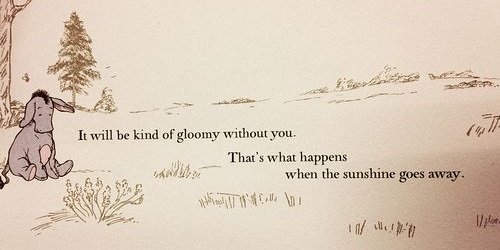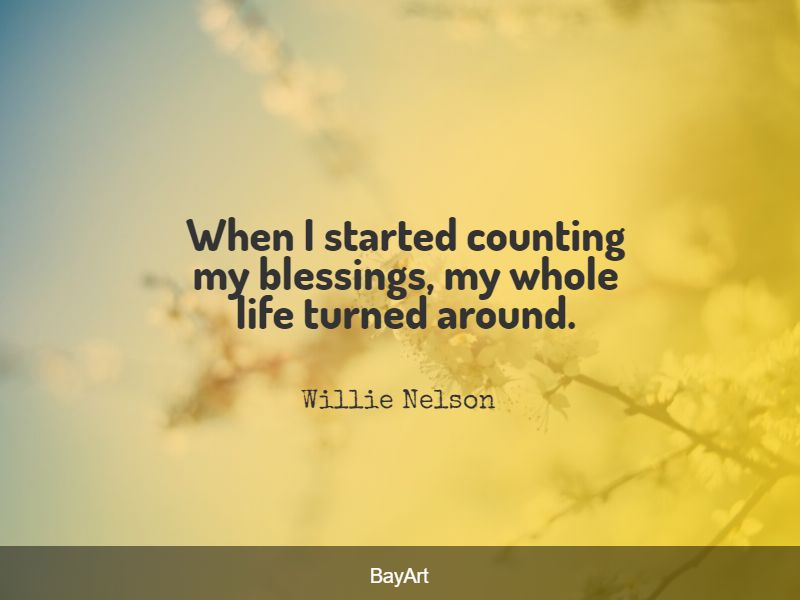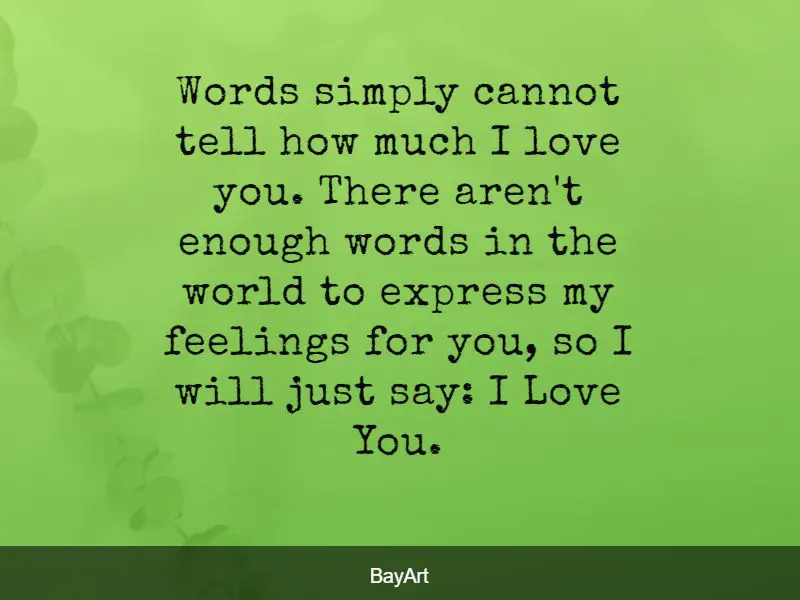30 Most Beautifully Touching Missing You Poems
I love missing you poems because “When you miss someone….it’s weird…your body doesn’t function normally..as it should. Because I miss you, and my heart…it’s not steady…my soul it sings numb. Fingers are cold…like you…your soul.” ― Coco J. Ginger What is that? It feels intense and the worst part is that you feel completely out of … Read more










